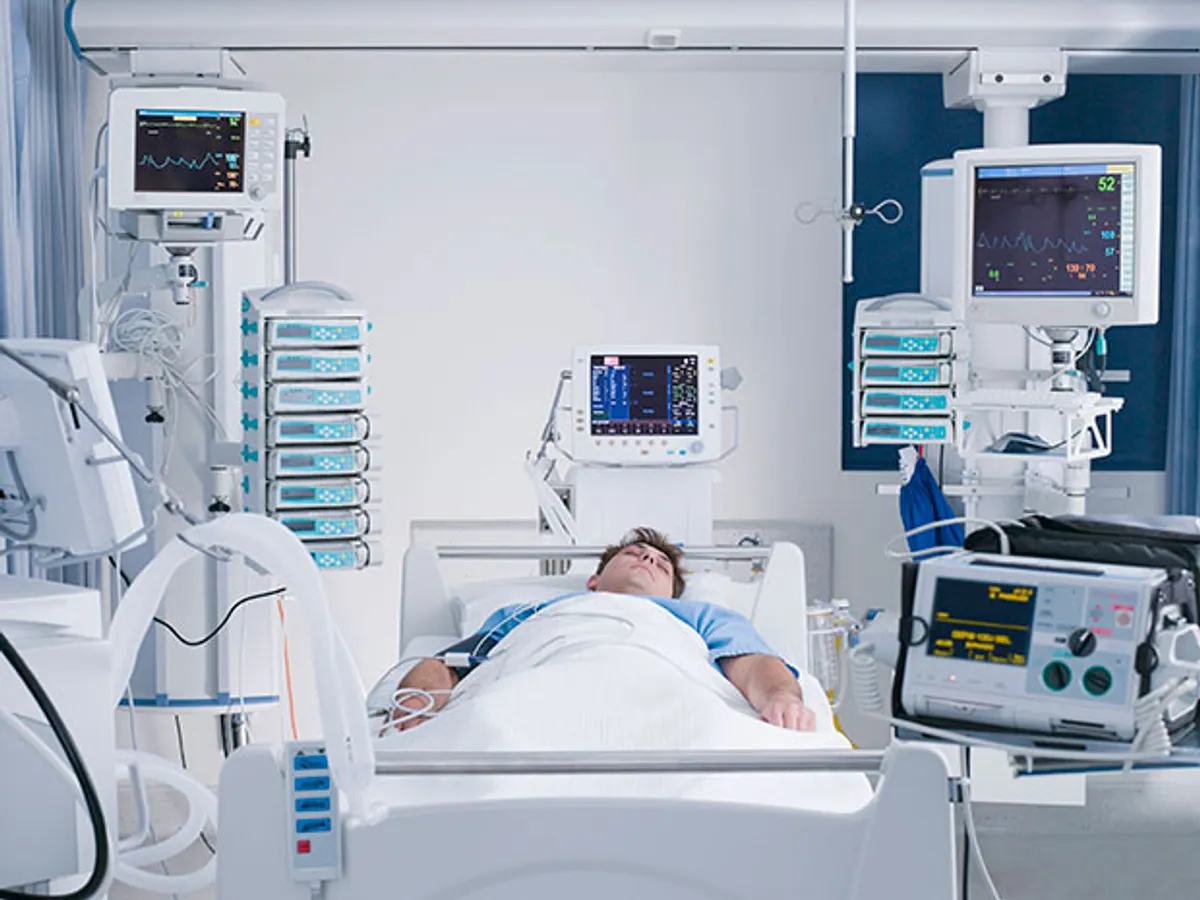Technology refers to the use of scientific knowledge, tools, and techniques to solve practical problems and create new products, systems, or processes. It encompasses a wide range of fields, including electronics, computer science, engineering, and biotechnology.
Technology has had a profound impact on society, transforming the way we live, work, and communicate. From smartphones and the internet to medical equipment and renewable energy sources, technology has enabled unprecedented levels of innovation and progress in a variety of fields. The rapid pace of technological change has also created new challenges and opportunities, ranging from privacy and security concerns to the need for new skills and training in the workforce. Technology has revolutionized the way healthcare is delivered and managed. Here are some of the ways in which technology has improved healthcare:
- Electronic Health Records (EHRs): EHRs have replaced paper-based medical records, allowing healthcare providers to access patient information quickly and easily. This makes it easier for doctors to make informed decisions about patient care, reduces errors, and improves patient safety.
- Telemedicine: Telemedicine allows patients to consult with doctors remotely, reducing the need for in-person visits. This technology has been particularly useful during the COVID-19 pandemic, allowing patients to receive care while minimizing the risk of transmission.
- Medical Devices: Advancements in medical devices have made it possible for doctors to diagnose and treat a variety of medical conditions more accurately and efficiently. For example, MRI machines and CT scans provide detailed images of the body that can help doctors identify diseases and injuries that may not be visible with other imaging technologies.
- Wearable Technology: Wearable technology, such as fitness trackers and smartwatches, can monitor a patient’s vital signs and alert healthcare providers to potential health issues. This technology can be particularly helpful for patients with chronic conditions such as diabetes or heart disease.
- Artificial Intelligence (AI): AI can analyze large amounts of patient data and identify patterns that may not be immediately apparent to healthcare providers. This technology can help doctors make more accurate diagnoses and develop more effective treatment plans.
- Health Information Exchange (HIE): HIE allows healthcare providers to share patient data electronically, reducing the need for duplicate tests and procedures. This can improve patient outcomes and reduce healthcare costs.
What are 5 benefits of technology in healthcare?
There are many benefits of technology in healthcare, here are 5 of them:
- Improved Efficiency: Technology can help healthcare providers automate administrative tasks such as patient scheduling, billing, and record-keeping. This can reduce the amount of time and resources spent on these tasks, allowing providers to focus more on patient care.
- Enhanced Patient Care: Technology can improve the quality of patient care by enabling healthcare providers to access patient information more easily and make more informed decisions. For example, electronic health records can provide a complete view of a patient’s medical history, allowing providers to make more accurate diagnoses and develop more effective treatment plans.
- Increased Patient Engagement: Technology can help patients become more engaged in their own healthcare by providing them with tools and resources to manage their health more effectively. For example, mobile apps can provide patients with reminders to take medications, track their symptoms, and communicate with their healthcare providers.
- Improved Outcomes: Technology can help healthcare providers achieve better patient outcomes by enabling them to deliver more personalized, evidence-based care. For example, clinical decision support systems can provide healthcare providers with real-time information about a patient’s condition and help them identify the most effective treatments.
- Cost Savings: Technology can help reduce healthcare costs by improving efficiency, reducing medical errors, and avoiding unnecessary tests and procedures. For example, telemedicine can reduce the need for in-person visits, which can be costly and time-consuming for patients and providers.
Overall, technology has improved healthcare in numerous ways, making it easier for doctors to provide high-quality care and improving patient outcomes.





